GCSE科学一共有3门选课,所以很多同学会纠结GCSE科学怎么选课,本文就来分享一些可供大家参考的选择策略,以及科学课的预习建议。
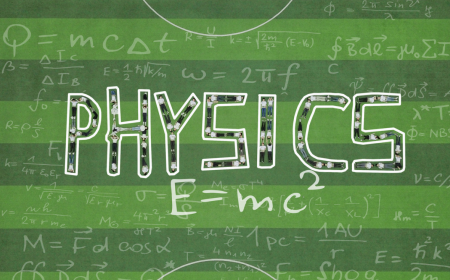
GCSE是什么?
GCSE是英国会考(General Certificate of Secondary Education),即国际学校的第G2和第A1,学员年龄一般为14至16岁,学员完成课程后参加公开考试,取得GCSE证书后可报读英国高考课程、大学基础课程等。
国际版GCSE(International GCSE)或IGCSE,是英国GCSE的国际版本。即使学员并非身处英国也可以考取国际认可的英国中学学历。而且可供选择的科目比GCSE更多,课程为期1 至2 年,更具弹性。但评分方面与GCSE 略有不同,只计算公开试的成绩,不会计算校内的平时分。
GCSE科学怎么选课?
GCSE科学类课程有生物、化学、物理三门,它们有2种组合方式——
Triple Award Science 3科学
指的是学员学习所有三门科学并最终获得三门GCSE的证书。
Double Award Science 双科学
指的是学员学习所有三门科学(生物学,化学和物理学),但内容整体比三科学的内容少一些,最终得到两门GCSE的证书。
两者怎么选这取决于学员对未来的期望、学习能力,也取决于大学专业的要求。每所大学的要求不同,有些学员希望获得更多的GCSE,而选择3科学可以获得三个GCSE科目证书。
想学好GCSE科学?关键词汇看起来
GCSE是全英文授课的,如果不想开学产生不适应,很有必要提前打下词汇基础。
Accuracy
A measurement result is considered accurate if it is judged to be close to the true value.
如果测量结果被判断为接近真实值,则被认为准确性高。
Calibration
Marking a scale on a measuring instrument. This involves establishing the relationship between indications of a measuring instrument and standard or reference quantity values,which must be applied. For example, placing a thermometer in melting ice to see whether it reads zero, in order to check if it has been calibrated correctly.
在测量仪器上标刻度。这涉及标记测量仪器指示与必须应用的标准或参考量值之间的关系。例如,在融化的冰中放置一个温度计,看看它的读数是否为零,以检查其是否被正确校准。
Data
Information, either qualitative or quantitative, that has been collected.
收集到的定性或定量信息。
Error
See also uncertainty.
同“uncertainty”。
Measurement error
The difference between a measured value and the true value.
测量值与真实值之间的误差。
Random error
These cause readings to be spread about the true value, due to results varying in an unpredictable way from one measurement to the next. Random errors are present when any measurement is made, and cannot be corrected. The effect of random errors can be reduced by making more measurements and calculating a new mean.
由于结果在不同的测量中以不可预测的方式变化,这将导致读数围绕真实值分布。进行任何测量时都会出现随机误差,并且随机误差不能被纠正。随机误差的影响可以通过进行多次测量和计算新的平均值来减少。
Systematic error
These cause readings to differ from the true value by a consistent amount each time a measurement is made. Sources of systematic error can include the environment, methods of observation or instruments used. Systematic errors cannot be dealt with by simple repeats. If a systematic error is suspected, the data collection should be repeated using a different technique or a different set of equipment, and the results compared.
每次测量时,读数与真实值的差值是一致的。系统误差的来源包括环境、测量方法或使用的仪器。系统误差不能通过简单的重复实验解决。如果怀疑存在系统性误差,则应使用不同技术或不同设备重复数据收集,并比较结果。
Zero error
Any indication that a measuring system gives a false reading when the true value of a measured quantity is zero, eg the needle on an ammeter failing to return to zero when no current flows. A zero error may result in a systematic uncertainty.
当被测量的真值为零时,测量系统给出了错误读数的指示,如无电流通过时,安培计上的指针指向不是零。零误差可能导致系统不确定性。
Uncertainty
The interval within which the true value can be expected to lie. Whenever a measurement is made, there will always be some uncertainty or doubt about the result obtained. Uncertainty can be expressed in terms of spread of values obtained. For example, a length of 56 cm ±2 cm would mean the true value could be anywhere between 54 cm and 58 cm.
估计与被测量的实际量值可能产生的偏差的范围。无论什么时候进行测量,所得到的结果总会有一些不确定性。不确定度可以用得到值的分布来表示。例如,长度为56 cm±2 cm意味着真实值可以在54 cm到58 cm之间的任何数值。
GCSE科学怎么选课相关内容就介绍到这里啦。选课只是第一步,努力学好自己的选课才是关键一步。如果担心无法适应GCSE全新的学习模式,可以点击预约试听【GCSE同步培训班】——
15+IGCSE科目辅导课程可供选择
课程内容结构化
花费大量时间精细化打磨每个模块
内容适应多个考试局
适合不同基础和学制的GCSE学员
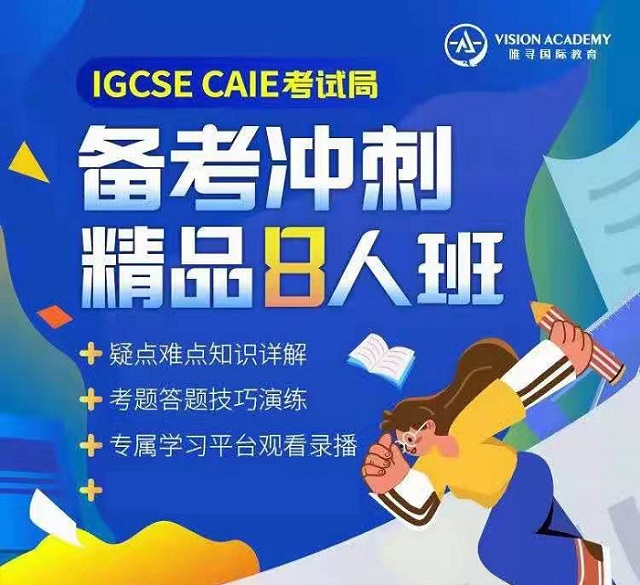
更多GCSE学习攻略点击
GCSE选课前要看:2021十大最难学和最好学GCSE科目排名






















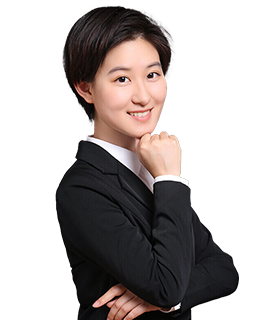
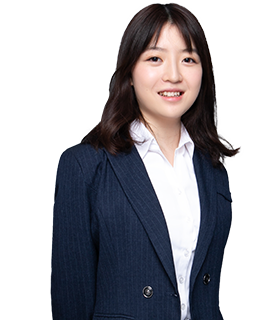












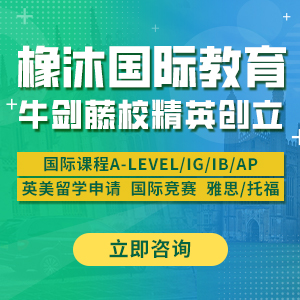





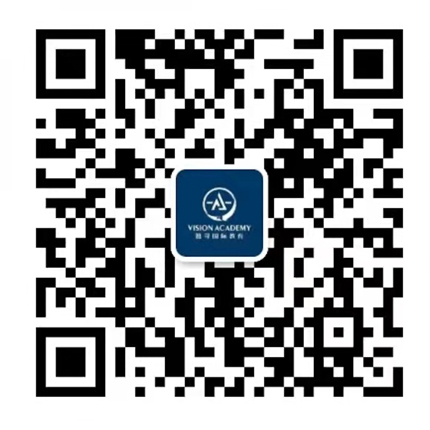
 沪公网安备 31010502004453号
沪公网安备 31010502004453号





 成功提交后我们将尽快与您联系,请注意来电!
成功提交后我们将尽快与您联系,请注意来电!


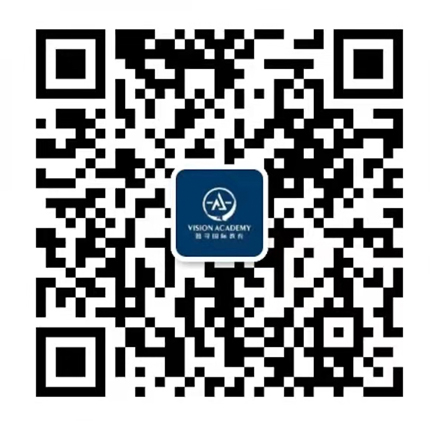




 成功提交后我们将尽快与您联系,请注意来电!
成功提交后我们将尽快与您联系,请注意来电!


